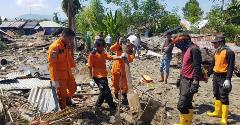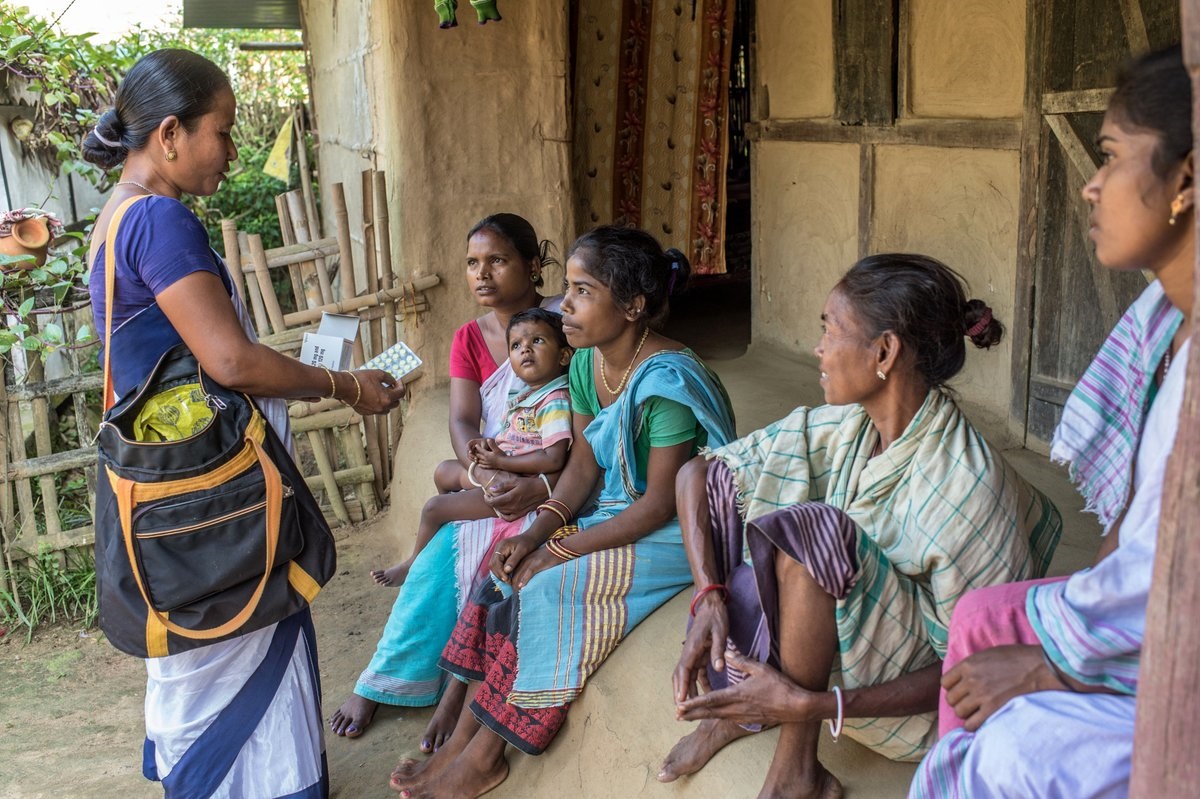Oxygen support and respiratory care ecology
Respiratory Care specializes in the promotion of optimum cardiopulmonary function, health, and wellness. Respiratory care remains a major component for managing patients of all ages who suffer from lung diseases and disorders. For health emergency programmes, respiratory care becomes an important component for mitigating the impact of epidemics and pandemics due to respiratory pathogens on adverse health outcomes. The value of respiratory care increases during surges in respiratory viral epidemics/pandemics.
The patients who require respiratory care are managed at routine wards, critical care units and respiratory support units. The management of critically ill severe acute respiratory infections happens at intensive/critical care units of a hospital for the respiratory failure. The respiratory support units provide enhanced care that enables a higher level of monitoring and respiratory intervention than would be expected for a routine ward environment, but do not currently require critical care. All these facilities require governance mechanisms, safe and effective environment with physical infrastructure, appropriate equipment, Oxygen supply and other terminal units and trained workforce in respiratory care.
Given the importance of respiratory care during pandemics for reducing the severe clinical outcomes, as a part of pandemic preparedness, WHE/SEARO facilitates
- developing guidance for Member States in areas such as improving existing and establishing new oxygen care systems in health facilities,
- developing standard lists of medical equipment required for respiratory care management for Severe Acute Respiratory Infections (SARI) patients,
- providing required specifications of these equipment on par with WHO/UNICEF standards for procurements,
- developing/updating checklists/tools for oxygen and respiratory care system assessments in countries,
- developing Standard Operating Procedures and other technical materials. WHO is also involved in develop training modules and training staff with skills on oxygen and respiratory care systems/ecology development who can be used for rapid response during surges for responding to influenza and other pandemics?
In this context, Infectious Hazard Management unit of WHE works on.
- Providing Bio Medical Technical Support to Member States in terms of guidance and on-site support on respiratory care ecology and oxygen support as a part of preparedness and response to health emergencies
- Upscaling oxygen/respiratory care capacity with a view to establishing resilient systems to respond to future influenza and other respiratory borne infections of epidemic and pandemic potential
- Promoting use of SEARO IMAI oxygen survey tool and guidance SEAR countries
- Developing a regional manual on “Standard Operating Procedures (SoPs)” on maintaining respiratory care ecology, maintenance of equipment and equipment handling and other key bio medical aspects of oxygen and respiratory care in SEAR
- Developing a regional training module for Bio Medical Engineers on (a) establishing, maintenance, upgrading, expansion of oxygen /respiratory care systems, (b)setting up of and ensuring functionality of the bio medical equipment needed for influenza pandemic response in the long run and managing surges of SARI patients due to COVID-19 and other epidemics in the short run in SEAR.
- Providing technical recommendations to identify appropriate equipment and specifications as per specific requests of the Member States for procurements in alignment with the respiratory care system building for managing SARI patients that help resilient pandemic preparedness in the long term in WHO’s SEAR
- Working with the Oxygen /respiratory care support team of the WHO headquarters on technical guidelines pertaining to oxygen and respiratory care ecology, equipment and contextualizing and implementing them in WHO’s SEAR
- Working with the CPI unit of the WHE to support preparedness of Member States in area of respiratory care and oxygen support for responding to health emergencies (Epidemics/pandemics) and Health Systems Development department in developing sustainable health systems on respiratory care and oxygen supplies











